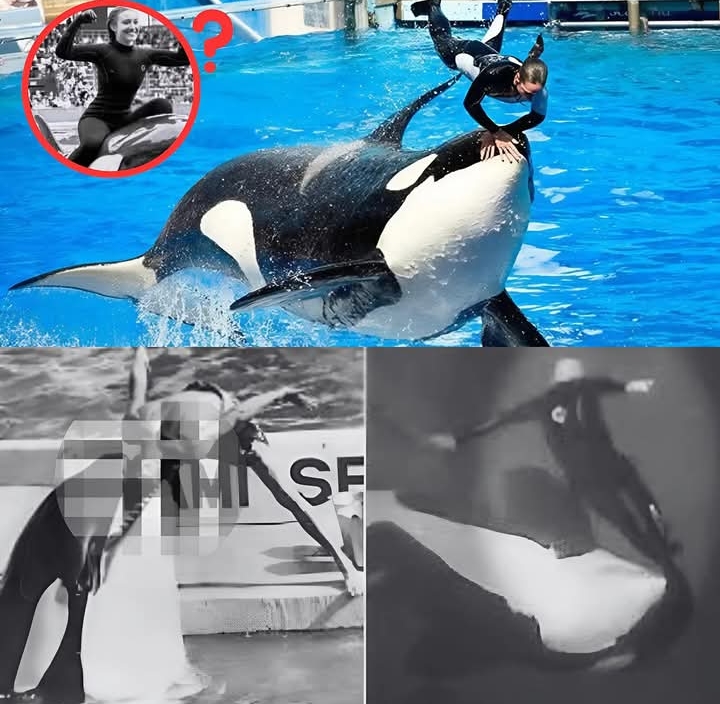
Critics argue that while rescue work is commendable, it does not justify the ongoing captivity of healthy orcas bred or acquired for entertainment. The conditions within marine parks can never replicate the complexity of the ocean environment, and attempts to simulate it with artificial enrichment are limited at best. Furthermore, psychological distress in orcas often manifests in aggression, lethargy, or repetitive patterns of movement known as stereotypies—clear indicators that their needs are not being fully met. For many observers, each new death is not an isolated incident but part of a systemic issue inherent to the concept of keeping orcas in tanks for human amusement. The ethical debate has shifted over the years from whether captivity can be done well, to whether it should be done at all.
Public sentiment is evolving, and with each high-profile death, pressure mounts on marine parks to change their approach. Several countries and states have already enacted laws banning the breeding and performance use of captive orcas, signaling a shift in societal values. Even some aquariums that once housed orcas have transitioned toward sanctuary models, allowing animals to live in larger, more naturalistic sea enclosures while still receiving human care when needed. The growing body of research on cetacean intelligence and emotional complexity only strengthens the argument that these animals deserve environments that meet their physical and psychological needs. SeaWorld, in particular, stands at a crossroads—either embrace genuine reform and explore sea sanctuary partnerships, or continue facing public backlash, declining attendance, and reputational damage.

The death following Radcliffe’s loss is more than just another headline—it is a reminder of the cost of entertainment when it comes at the expense of living beings with rich emotional worlds. Behind every tank wall is a story of separation from family, of instincts left unfulfilled, and of lives cut short. The growing awareness among the public is shaping a future where compassion and science may finally outweigh profit-driven spectacle. For now, the orcas still inside remain ambassadors for a broader conversation about how humanity treats the most intelligent non-human species on our planet. Their plight is a call to action for those who believe the ocean, not a concrete pool, is where these magnificent creatures truly belong. Until that vision becomes reality, each death will not only mark the end of a life but will also serve as a rallying cry for change.


